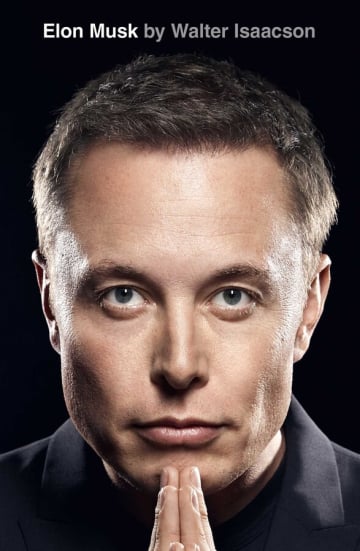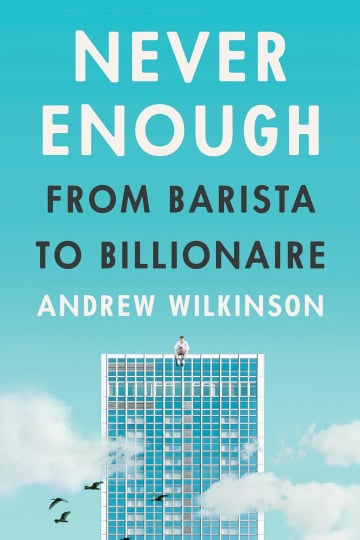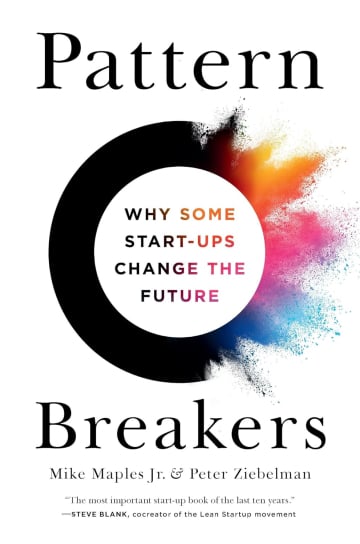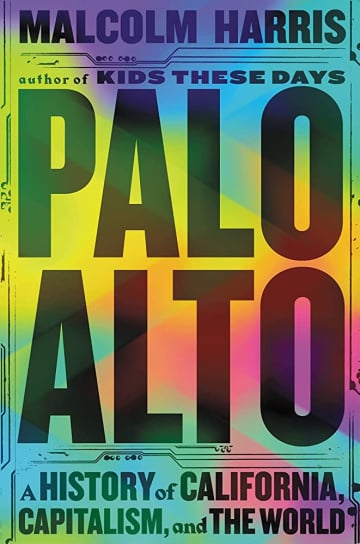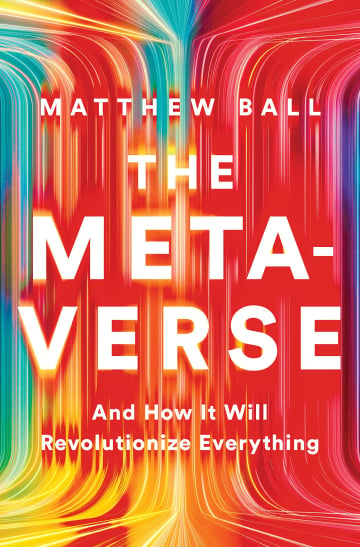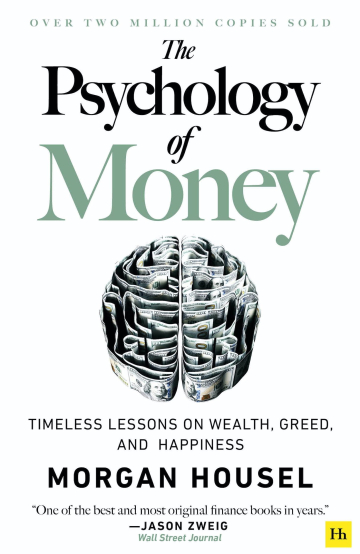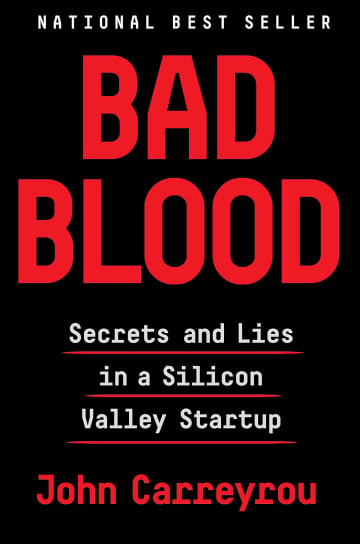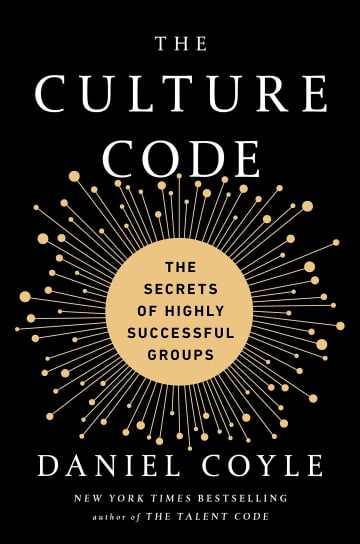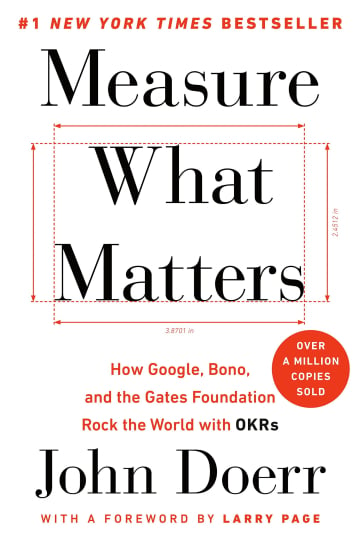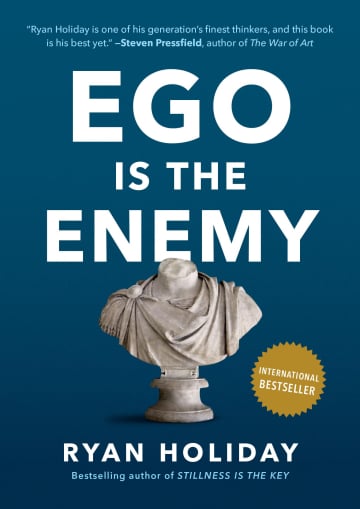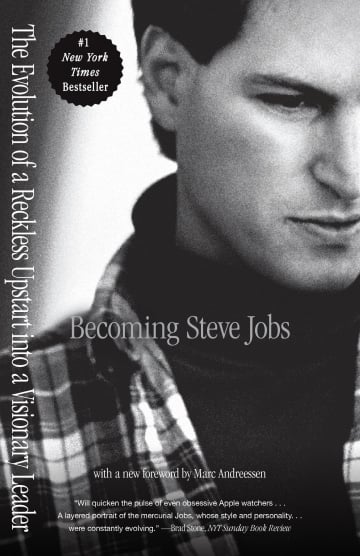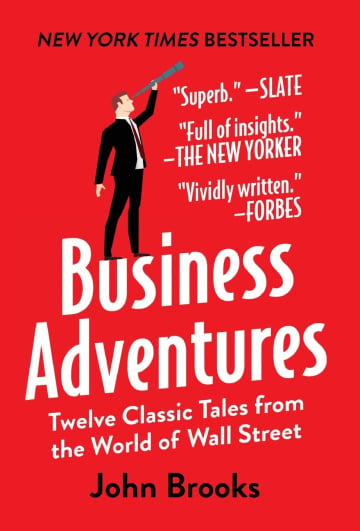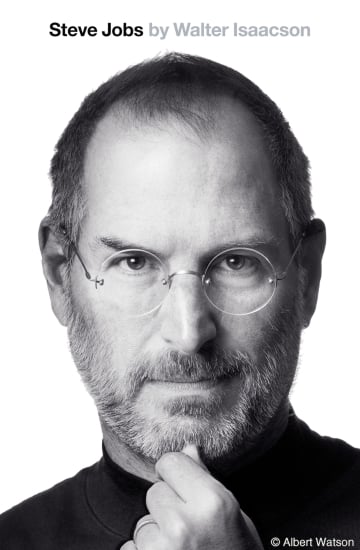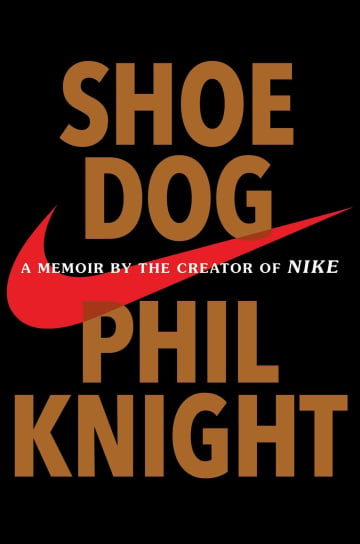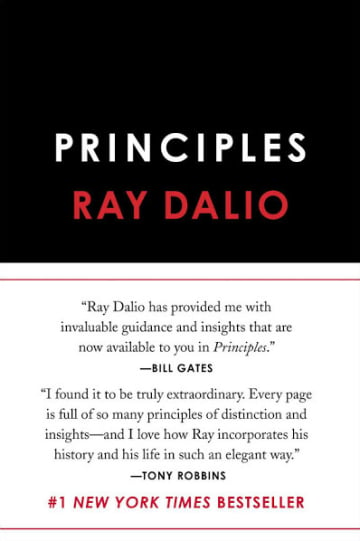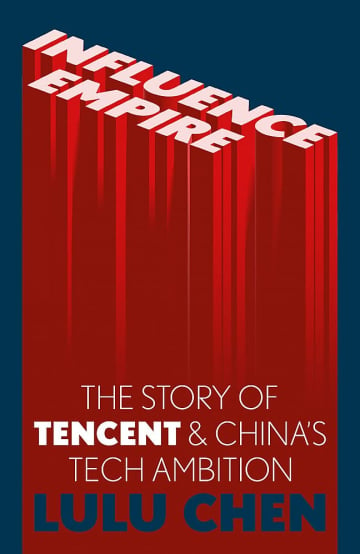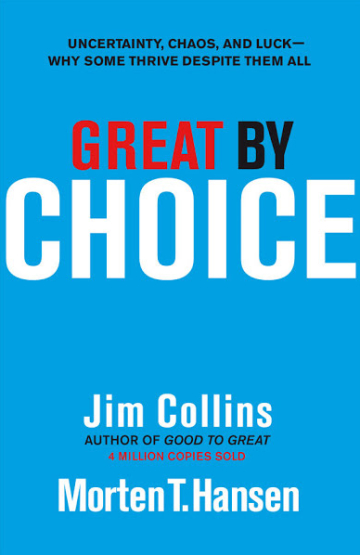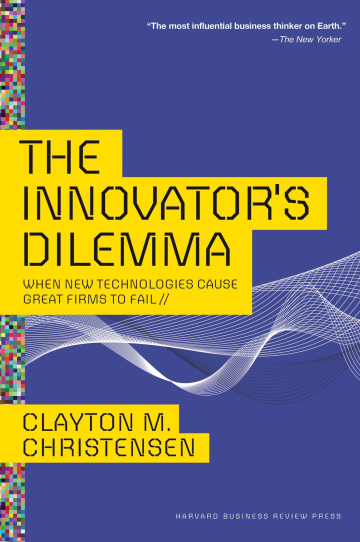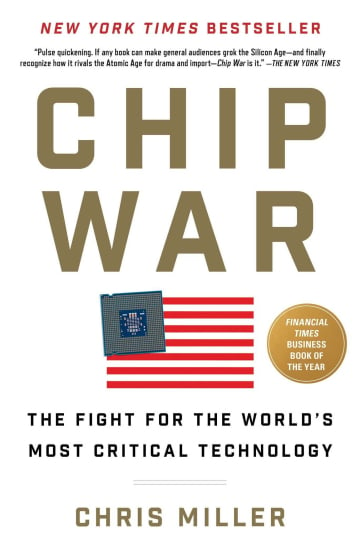
Chip War: The Fight for the World's Most Critical Technology
⚡️ 14 Quotes from the book
“The United States still has a stranglehold on the silicon chips that gave Silicon Valley its name, though its position has weakened dangerously. China now spends more money each year importing chips than it spends on oil.”
“World War II was decided by steel and aluminum, and followed shortly thereafter by the Cold War, which was defined by atomic weapons. The rivalry between the United States and China may well be determined by computing power.”
“These tools are produced primarily by five companies, one Dutch, one Japanese, and three Californian, without which advanced chips are basically impossible to make.”
“Kilby called his invention an “integrated circuit,” but it became known colloquially as a “chip,” because each integrated circuit was made from a piece of silicon “chipped” off a circular silicon wafer.”
“The spread of semiconductors was enabled as much by clever manufacturing techniques as academic physics. Universities like MIT and Stanford played a crucial role in developing knowledge about semiconductors, but the chip industry only took off because graduates of these institutions spent years tweaking production processes to make mass manufacturing possible.”
“The Soviet Union’s effort to reinvigorate its chipmakers failed completely. Neither the Soviets nor their socialist allies could ever catch up, despite vast espionage campaigns and huge sums poured into research facilities like those in Zelenograd.”
“The scientific networks that produced EUV spanned the world, bringing together scientists from countries as diverse as America, Japan, Slovenia, and Greece. However, the manufacturing of EUV wasn’t globalized, it was monopolized. A single supply chain managed by a single company would control the future of lithography.”
“The point is that, rather than a single country being able to claim pride of ownership regarding these miraculous tools, they are the product of many countries. A tool with hundreds of thousands of parts has many fathers.”
“The chip industry faced an organized assault by the world’s second-largest economy and the one-party state that ruled it.”
“Most people today take their smartphone for granted, but it’s only thanks to ever more powerful semiconductors that we no longer marvel at picture texts and are instead frustrated with split-second delays in video streaming.”
“China is pouring billions of dollars into its chip industry while pressuring foreign companies to turn over sensitive technology. For every major chip firm, the Chinese consumer market is far more important a customer than the U.S. government.”
“China’s leaders have identified their reliance on foreign chipmakers as a critical vulnerability. They’ve set out a plan to rework the world’s chip industry by buying foreign chipmakers, stealing their technology, and providing billions of dollars of subsidies to Chinese chip firms.”
“The world’s chip industry, as well as the assembly of all the electronic goods chips enable, depends more on the Taiwan Strait and the South China coast than on any other chunk of the world’s territory except Silicon Valley.”
“On reflection, it’s too simple to say that the chip made the modern world, because our society and our politics have structured how chips were researched, designed, produced, assembled, and used.”
Related videos
Follow the author

Chris Miller is a Senior Fellow at the Foreign Policy Research Institute and an Associate Professor at Tufts University's Fletcher School of Law and Diplomacy in Medford, MA. He specializes in Russian politics, foreign policy, and economics. He holds an MA and PhD from Yale University and a BA from Harvard University.
Publications
The New York Times: The Global Might of the Tiny Chip
Forbes: Chip War: The Battle Over Trade, Immigrants And Semiconductors
Los Angeles Review of Books: The Bargaining Chips Are … Chips: On Chris Miller’s “Chip War”
Forbes: The Next Global Tech Battle Will Be The Chip Wars
Global Policy Journal: Book Review - Chip War: The Fight for the World's Most Critical Technology
Ask Albert:
Rate the book
⚡️ Discover Even More Bookish Wisdom
recommends
recommends
recommends
recommends
